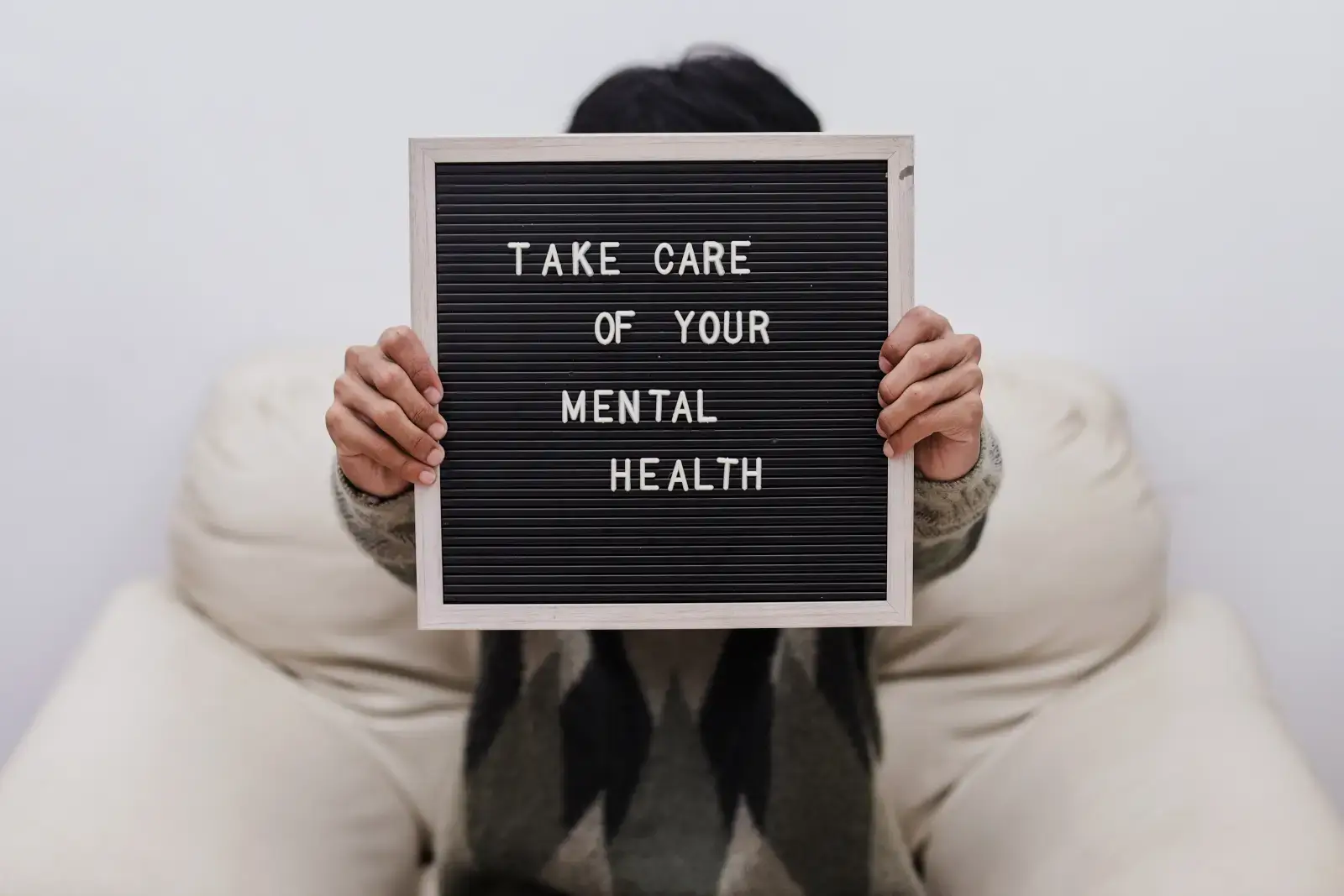
Feeling Off Is Okay: Know Your Mental Health and When to Get Help
Feeling Off Is Okay: Know Your Mental Health and When to Get Help
Not Feeling Yourself? We all have tough days. Life can feel heavy, overwhelming, even unmanageable. And that is OK. You are not alone, and you do not have to go through it alone.
At AE Psychotherapy Services, we believe mental health matters just as much as physical health. Just like you would see a doctor for a sprain or the flu, it is just as important to seek support when your mind and emotions need care.
Why Mental Health Matters
We often push through stress, sadness, or anxiety, hoping it’ll pass. But mental health doesn’t fix itself. Ignored emotional pain can affect your sleep, relationships, confidence—and even your physical health.
In fact, 1 in 5 Canadians will face a mental health issue in any given year (Canadian Mental Health Association).
The good news? Help works—and healing is possible.

When Should You See a Psychotherapist?
Wondering if therapy is right for you? Many people think they need to “hit rock bottom” before reaching out but the truth is, you do not have to wait for a crisis to benefit from therapy.
Psychotherapy can be helpful at any stage of life, whether you are navigating a specific challenge or simply feeling stuck. Here are some signs that it might be time to talk to someone:
- You are feeling overwhelmed, anxious, or down most of the time. These emotions are part of life but if they linger, intensify, or start affecting your day-to-day, it may be time to get support.
- Your relationships are suffering. Whether it is tension with family, friends, or a partner, therapy can help you understand patterns and build healthier connections.
- You are having trouble sleeping or eating. Emotional distress often shows up physically. If your sleep, appetite, or energy levels are off, it might be more than just a “bad week.”
- You feel stuck or unmotivated. If life feels like it’s just passing you by, or you are struggling to find direction or purpose, a therapist can help you reconnect and move forward.
- You have experienced a trauma or major life change. Loss, illness, separation, job changes—these moments can shake your world. Processing them with a therapist can make a big difference.
- You just want someone to talk to without judgment. Sometimes, you need a space that is yours. A therapist offers a safe, confidential environment to talk through what is on your mind.
If any of these sound familiar, therapy can help you gain clarity, feel more in control, and build tools to navigate life’s ups and downs.
What to Expect from Therapy
Therapy isn’t just about “fixing” you, it is about understanding you. It is a supportive, non-judgmental space where you can talk openly, explore your thoughts and feelings, and develop tools to help you cope, heal, and grow.
You do not need to have all the answers or even know where to start. Your therapist is there to guide the process at your pace, creating a space where you feel heard, respected, and supported.
Therapy is a step toward better understanding yourself and building a life that feels more manageable, meaningful, and connected.

Self-Help: Getting to Know Yourself
Therapy is one path, but there are also ways you can begin to help yourself understand your mental state. These small, intentional practices can help you tune in to what you are feeling and why.
Here are a few self-help strategies to get started:
- Journaling – Writing out your feelings can help you track patterns and triggers
- Mindfulness – Paying attention to the present moment helps reduce anxiety
- Reading about mental health – Understanding what you’re feeling can remove shame and confusion
- Talking to someone you trust – Sometimes, opening up is the first step to healing
- Setting boundaries – Learning to say no is a powerful act of self-care
Self-help does not replace professional support, but it is a valuable starting point. The more you understand yourself, the more empowered you are to care for your mental health.
If you are reading this and thinking, “This sounds like me”, know this: you do not have to wait until things feel unbearable to seek support.
Reaching out is a sign of strength, not weakness. At our psychotherapy clinic, we are here to listen, support, and walk alongside you through whatever challenges you are facing. Whether you are ready to begin therapy or simply have questions about the process, we are here for you.
You do not have to do this alone.
A conversation could be the first step toward feeling better. We are just a call, email, or message away.
It is not a weakness to ask for help, it is a strength though. You are allowed to feel lost. You are allowed to feel tired. And most importantly, you are allowed to feel better.

